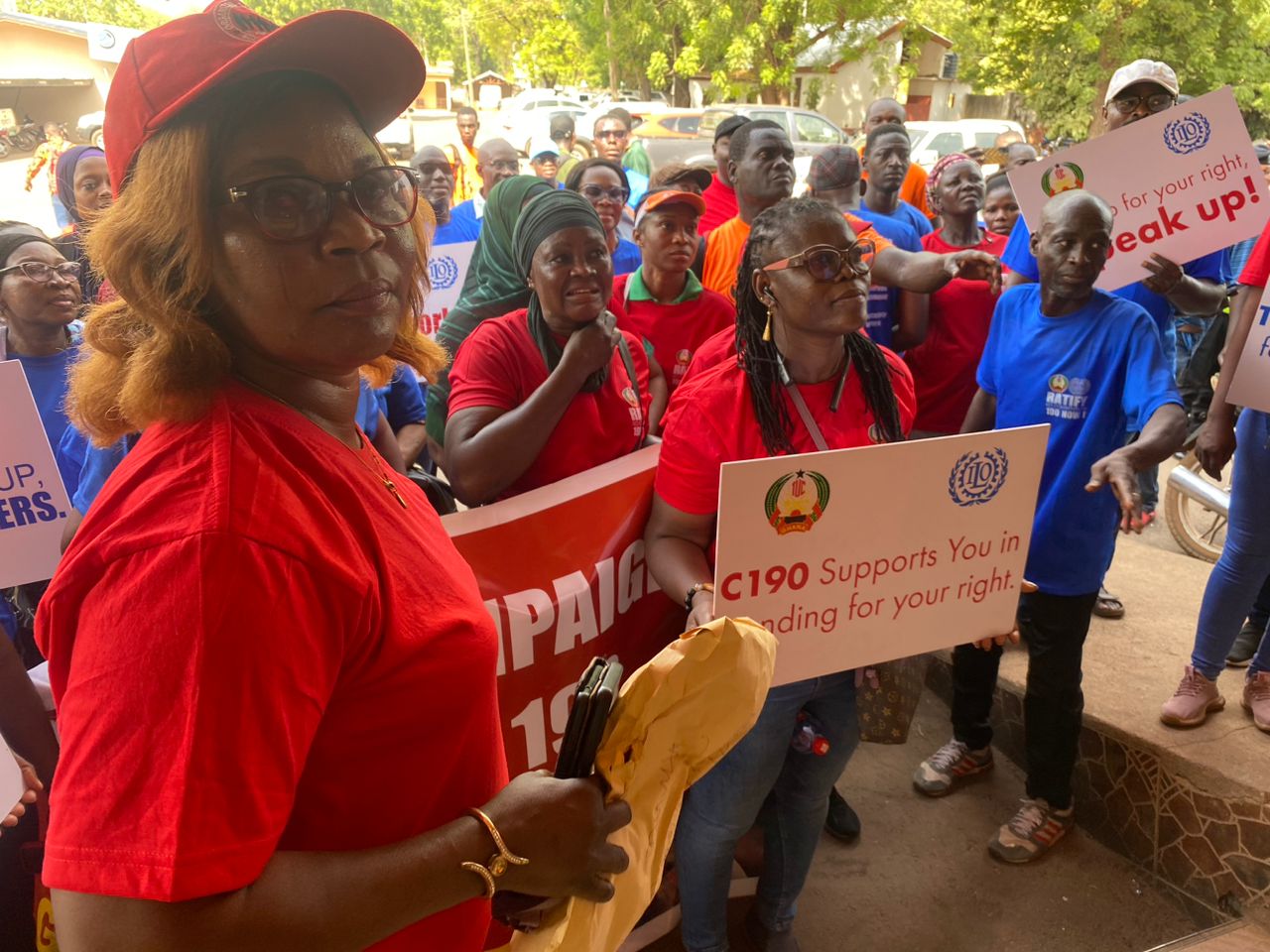
By Ernest Bako WUBONTO
The Ghana Employers’ Association (GEA) and Trades Union Congress (TUC) of Ghana, in a joint appeal, have urged government to adopt a series of bold and targetted policies that tackle Ghana’s slow economic transformation, volatile macroeconomic ecosystem and unlock sustainable growth.
The two social partners emphasised that productivity is central to Ghana’s economic transformation and lamented the country’s still slow and uneven progress.
Citing unpleasant findings from the recent national productivity, employment and growth report by the Ghana Statistical Service (GSS) and International Labour Organisation (ILO), employers and workers together pressed government to prioritise macroeconomic stability, sectoral transformation, wage reforms and skills development to realise the nation’s growth potential.
The capital and labour groups outlined a six-point plan for urgent national action – with optimism that these decisive policy measures will accelerate productivity, create decent employment and ensure inclusive economic growth.
They demanded that government prioritise a stable and growth-oriented macroeconomic environment. The GEA and TUC cited exchange rate volatility, inflation fluctuations and credit constraints as critical impediments to long-term business planning and employment sustainability.
TUC Secretary-General Joshua Ansam urged a coordinated policy framework that supports domestic production and expands access to capital, ensuring fiscal frameworks provide for productive investment.
“We are calling on government for sectoral transformation underpinned by a strategic shift away from low-employment extractive industries toward job-rich sectors like manufacturing, agro-processing and digital services,” he said.
He called for tailored public-private sector action plans that include value chain support, industrial clusters and targetted financing, alongside enterprise-level support for productivity audits and innovation adoption.
On the critical issue of wages, the press conference held in Accra underscored the importance of aligning wage growth with productivity gains to ensure fairness for workers.
However, the groups cautioned that sustainability and competitiveness must remain the guiding principles, advocating a data-driven national wage-productivity adjustment model.
Further recommendations include a comprehensive reform of the skills development system to tackle youth unemployment and skills mismatches. The partners advocated for an industry-needs anchored Technical and Vocational Education and Training (TVET) system, scaling of apprenticeship programmes and strengthened labour market services for better job-matching.
Chief Executive Officer-GEA Alex Frimpong mentioned that with over 80 percent of the workforce in the informal sector, inclusive productivity gains are impossible without supporting informal workers and enterprises – backing implementation of the national formalisation roadmap.
“We jointly call on government to prioritise macroeconomic stability as a foundation for productivity, enterprise development and decent work. We are both bodies standing ready to partner with government in ensure productivity gains translate into decent work and inclusive development so that no one is left behind,” he said.
The GEA and TUC reaffirmed their commitment to social dialogue, urging government – through the Ghana Statistical Service – to ensure timely release of disaggregated productivity data that informs wage-setting and investment planning.
The post Bold reforms needed to boost productivity and inclusive growth – TUC, Employers Association urge gov’t appeared first on The Business & Financial Times.
Read Full Story
















Facebook
Twitter
Pinterest
Instagram
Google+
YouTube
LinkedIn
RSS